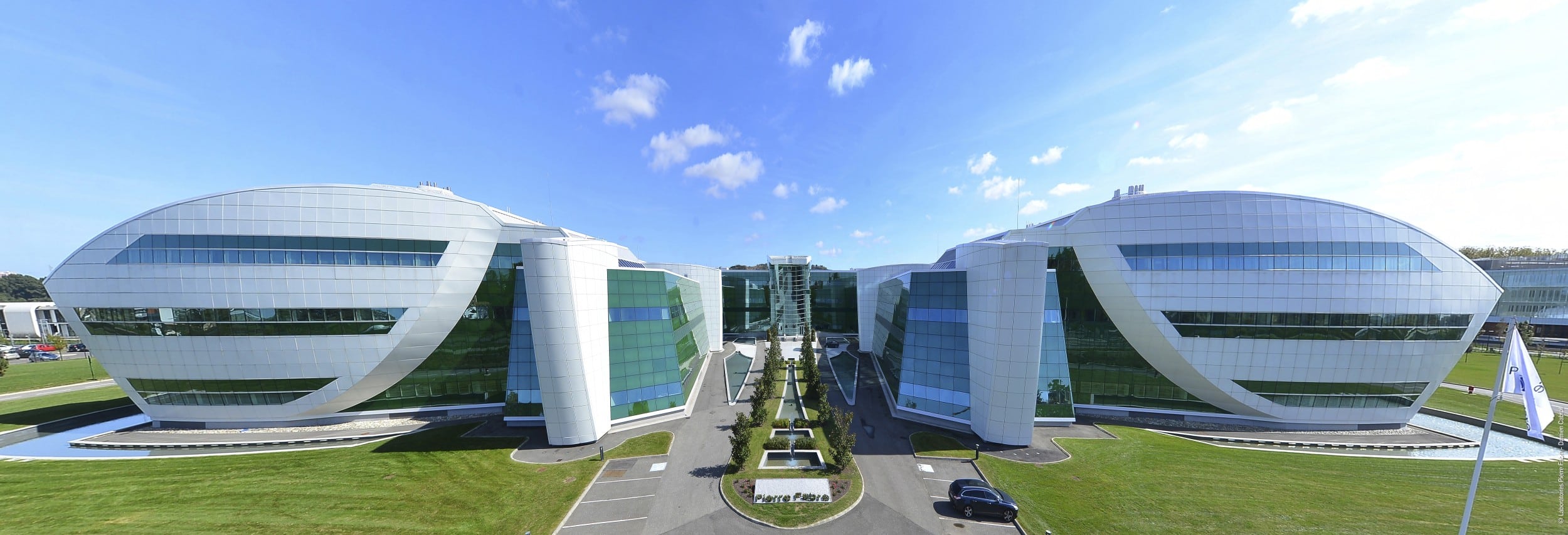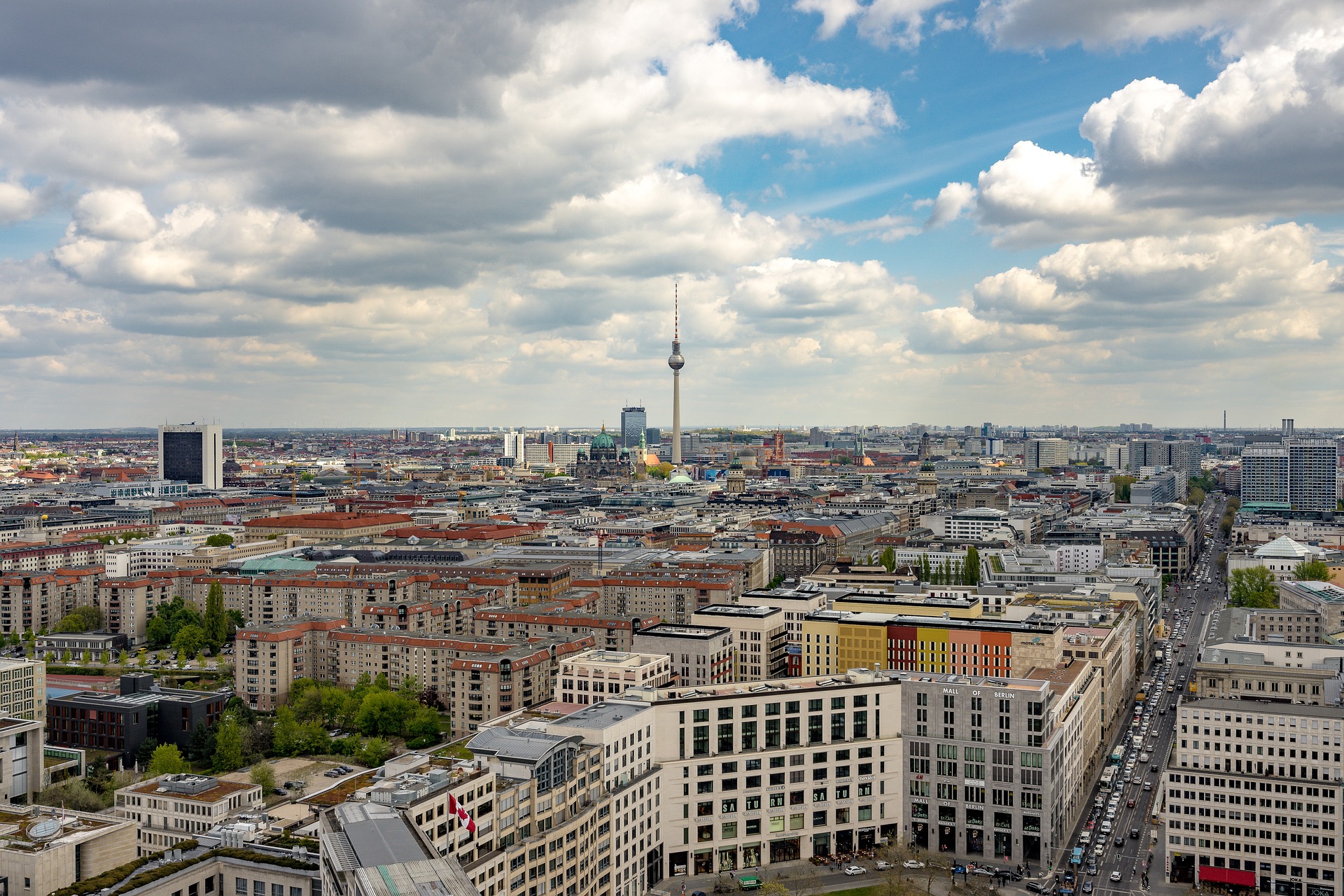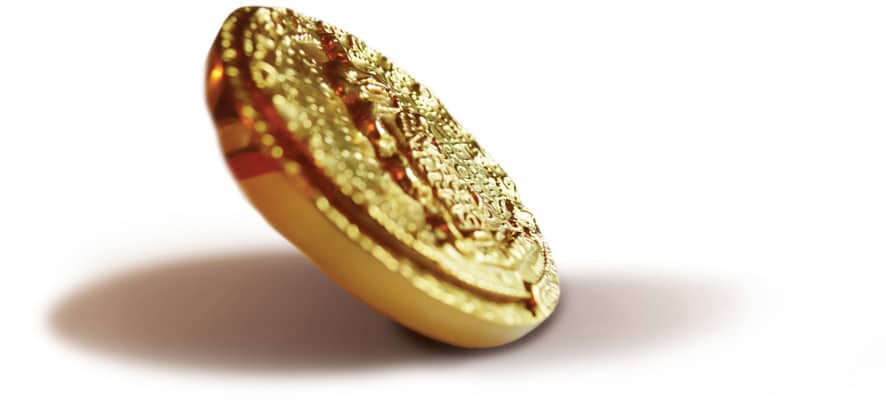As of today, drugs represent €1.1 billion of the €2.7 billion of sales achieved by Pierre Fabre in 2022. In three years, sales have increased from €2.4 to €2.7 billion. “This development will continue,” says CEO Eric Ducournau. “We are aiming to achieve sales of €3.5 billion in 2025, with an operating margin (EBIT) of at least 12%, compared with 5.2% in 2019 and 9.5% in 2022. ”
Forecasters expect annual growth of 13% in the global oncology market for the years ahead, and the sector represents 17% of current group sales but is expected to increase to one quarter over the next three to four years.
To achieve this target, Pierre Fabre is increasing the number of partnerships with major US biotechs “and we hope to include French and European biotechs soon,” says chief communications officer Marc Alias. “(…) The oncology market is much more fragmented than previously. There is room for mid-pharmas, like us, in therapeutic niches that major laboratories are not necessarily interested in.” The group is therefore focusing its efforts on targeted therapies.
“In terms of medical care, the Pierre Fabre group innovation strategy is directed towards targeted therapies that enable the treatment of cancers for which there exists little or no therapeutic solution. To this end, we are seeking out partnerships in the pre-clinical and clinical phases or with a view to marketing a treatment in Europe and Asia,” Marc Alias, chief communications officer for Laboratoires Pierre Fabre.
Oncology is not a new field for Pierre Fabre. Its eponymous founder became interested in it in the 1980s, and, in collaboration with the CNRS, launched a chemotherapy procedure that would be the first French cancer treatment registered in the USA, namely vinorelbine, the active ingredient of which is derived from Madagascan periwinkle. This treatment still generates significant revenue and is expanding in China in particular.
The business is also involved in state-of-the-art research. It operates on the Oncopole campus in Toulouse (a cancer research and treatment hub working on a European scale) where it is collaborating with a number of Inserm laboratories. “We have access to four decades of experience in oncology. It is this experience, coupled with human and financial resources, that biotech companies are looking for when they contact us,” says Mr. Alias. “Our expertise means we are able to offer US and Asian operators access to the European market, from drug registration to marketing and the production of active ingredients .”
In 2015, Pierre Fabre signed a co-development and marketing agreement with US biotech firm Array BioPharma for two molecules – encorafenib and binimetinib – that are used in combination for the targeted treatment of certain cancers. In 2018, Pierre Fabre started to market them in Europe to treat a specific type of melanoma. In 2020, encorafenib was registered and marketed along with cetuximab in a new indication.
Three clinical trials are still ongoing with these two molecules, in onco-pneumology in Europe and China, and in onco-dermatology in Europe.
Array was bought out by Pfizer in 2019 for $11 billion.
In 2021, another partnership was signed with Puma Biotechnology for a targeted therapy to treat HER2-positive breast cancer recurrence (something which affects 12% to 15% of women suffering from breast cancer).
In 2023, two new oncology collaborations have been unveiled. The first, with Scorpion Therapeutics, concerns two molecules in the pre-clinical development phase in non-small cell lung cancer with a mutation in the EGFR, with a first payment of €65 million. Their clinical studies are expected to start in 2024.
The second was announced in mid-April, with the acquisition of the dermo-cosmetic brand Même. This brand was created in 2017 and has developed the first range of care products for the skin, scalp and nails designed in partnership with oncologists and dermatologists to deal with the undesirable effects of anti-cancer treatments. “The group is confirming and strengthening its presence in the entire oncology healthcare pathway,” said Mr. Alias.
The company is also developing projects in the fast-growing segment of rare diseases. Furthermore, it took over the commercialization of a cell therapy in Europe from Atara Biotherapeutics. This was launched in February 2023 for the treatment of patients with Epstein-Barr virus-positive post-transplant lymphoproliferative disorder, which affects approximately 500 patients in Europe. This therapy involves injecting donor T-cells that are directed against the Epstein-Barr virus to reinforce the immune capacity of the cell.
Also in the field of rare diseases, another project (this time in collaboration with the Swiss EspeRare Foundation) is currently in phase III development and seeks to treat X-linked hypohidrotic ectodermal dysplasia (XLHED). This genetic disease affects hundreds of newborn boys each year and prevents them from developing sweat glands. This therapy is injected in utero.
Dermatology and dermato-cosmetics: the group’s two other pillars
Dermato-cosmetics represent 55% of group sales and are driven by its flagship brand Avène, supported by Ducray, Klorane, A-DERMA, René Furterer and the portfolio of oral hygiene products. Pierre Fabre is second in a global market valued at €28 billion, just behind L’Oréal. 90% of Pierre Fabre group production takes place in France, principally in the southeastern Occitanie region, where its main decision-making and research centers are also located. This historical placement has always been prioritized by the company. A project is also underway to relocate production of encorafenib and binimetinib (currently manufactured in Germany) to Gaillac. Finally, the group is owned by a public interest foundation financed by the dividends paid to it by the company. With an annual budget of approximately €15 million, the foundation works primarily in sub-Saharan Africa to improve access to healthcare for the most disadvantaged local populations.







